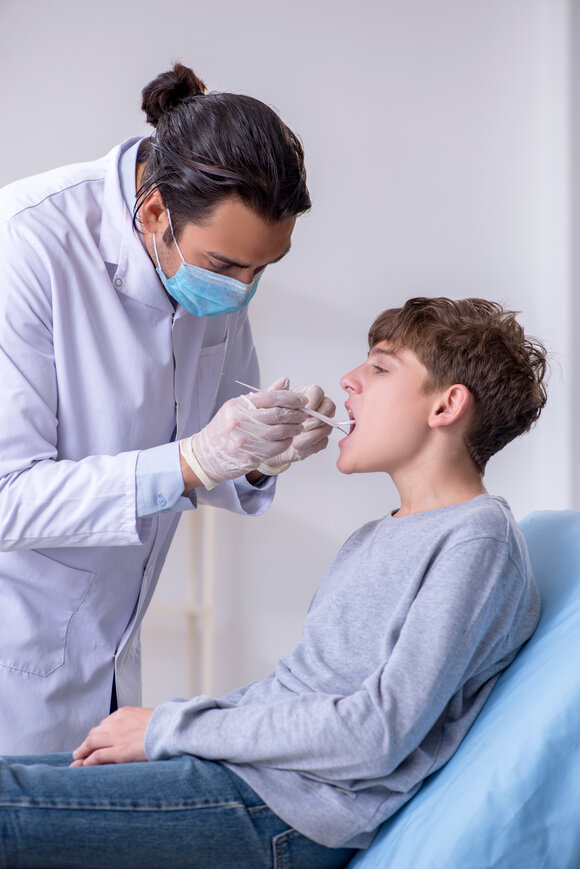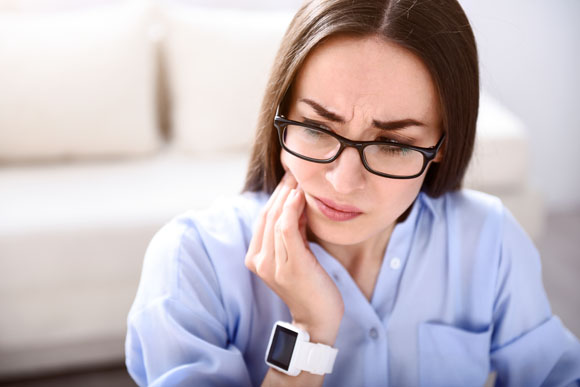
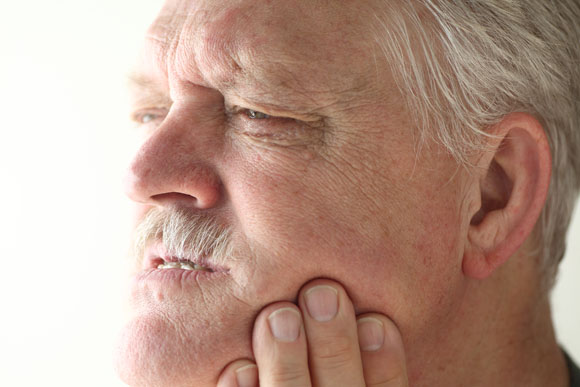
The temporomandibular joint guides jaw movement. Problems with the TMJ are known as temporomandibular joint disorder or dysfunction (TMD). TMD is very common; more than 10 million people in the United States have it.
Bad posture habits: One of the reasons TMD is so common is because many of us spend a great deal of time sitting at a desk, where we often hold our head too far forward as we work. But there are many other kinds of bad posture. Sitting in the car for a long commute, working at a checkout station, cradling a telephone receiver against the same shoulder for long periods of time, always carrying your child on the same hip-all can place the head in an awkward position and cause jaw problems. The “forward head position” puts a strain on the muscles, disk, and ligaments of the TMJ. The jaw is forced to “rest” in an opened position, and the chewing muscles become overused.
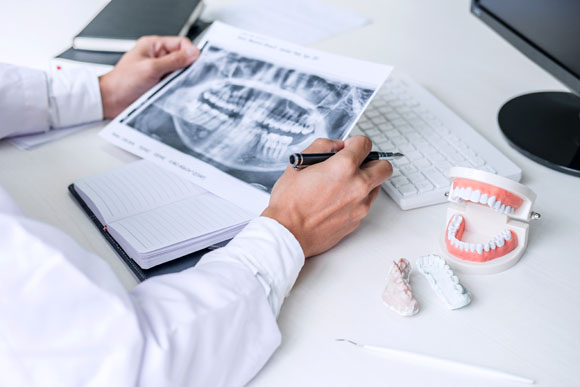

Chronic jaw clenching at night (“bruxism”): Many people clench their jaws at night while they sleep, usually because of stress. This puts a strain on the TMJ because of the constant strain on the joint and surrounding muscles.
Problems with teeth alignment (“malocclusion”): If your teeth come together in an unusual way, greater stress is placed on your TMJ.
Fracture In a traumatic accident involving the face or head, a fracture to the lower jaw may result, and even when the fracture is fully healed, TMJ stiffness and pain may remain.
Surgery: Following surgery to the face and jaw, there may be a loss in mobility and function of the TMJ.
Trismus (“lockjaw”): This condition-where jaw muscles spasm and the jaw cannot be fully opened-can be both a cause and a symptom of TMD. Other causes of trismus include trauma to the jaw, tetanus, and radiation therapy to the face and neck.
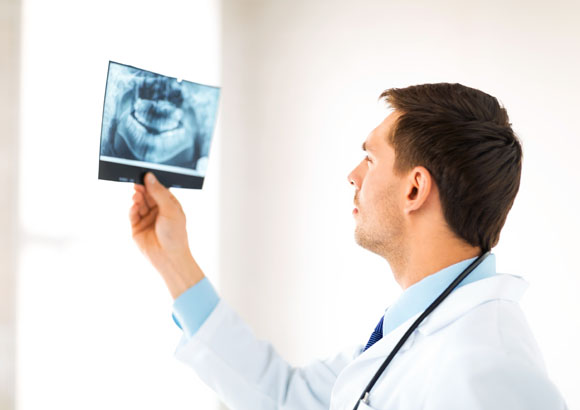
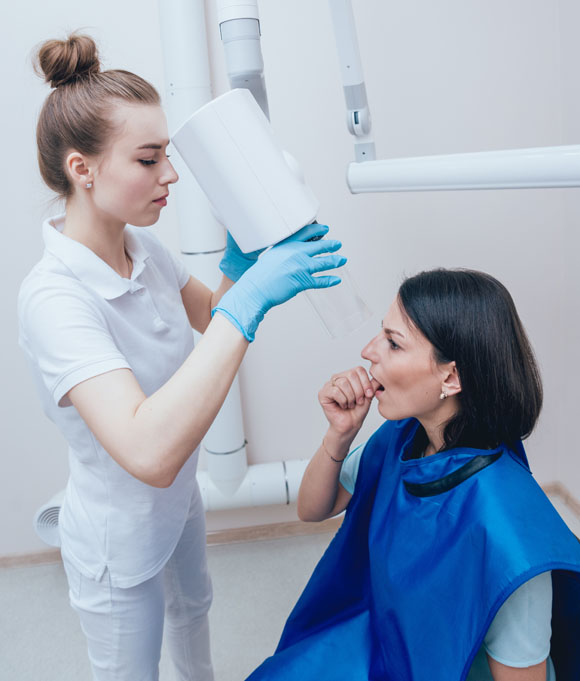
To identify the cause of the symptoms, your physical therapist will first:
The physical therapist will evaluate your posture and how your cervical spine-your neck-moves. The therapist will examine the TMJ to find out how well it can open and whether there are any abnormalities in jaw motion. The therapist might place his or her hand in your mouth in order to examine your jaw movement.
If, after the examination, the physical therapist suspects that your pain is a result of the position (“alignment”) of your teeth, the therapist will refer you to your dentist for further examination.
Your physical therapist can help restore the natural movement of your jaw and decrease your pain. If the therapist determines that your jaw pain is not related to teeth alignment, the therapist will select treatments that will work best for you. Treatments used by physical therapists for TMD may include posture education, jaw exercises, manual therapy and modalities.

